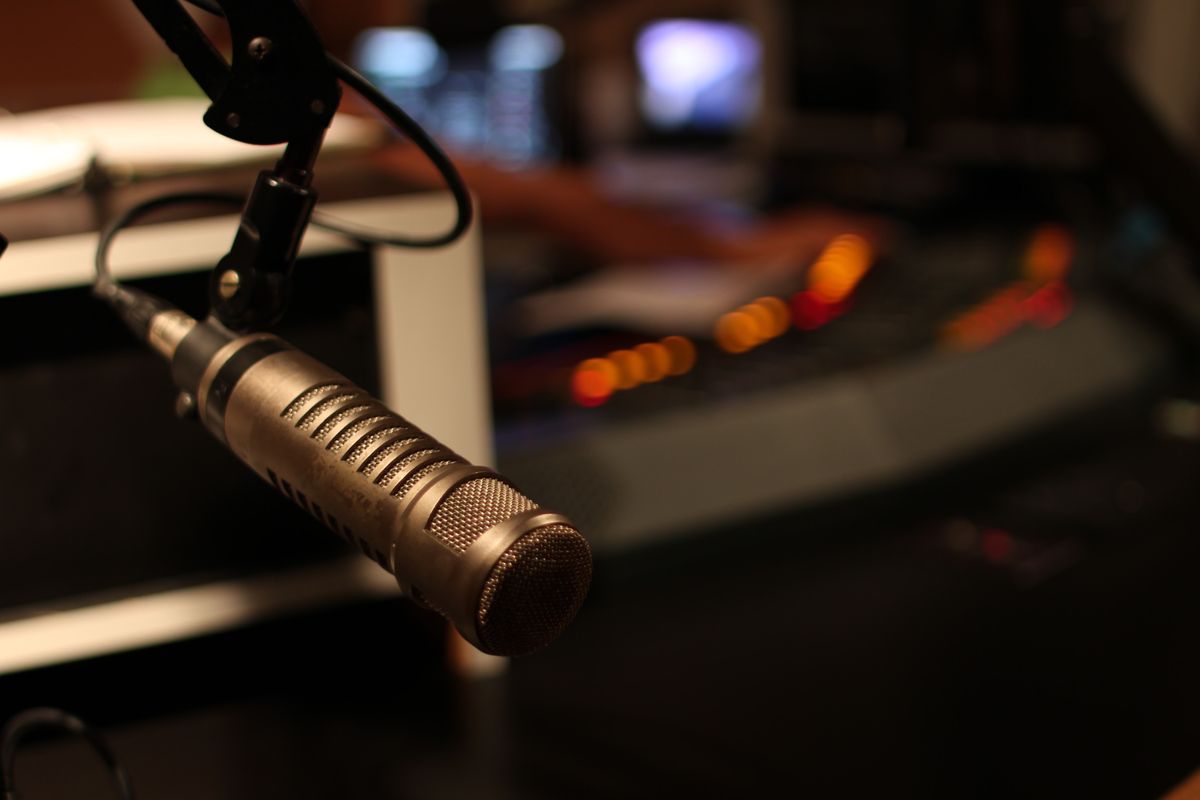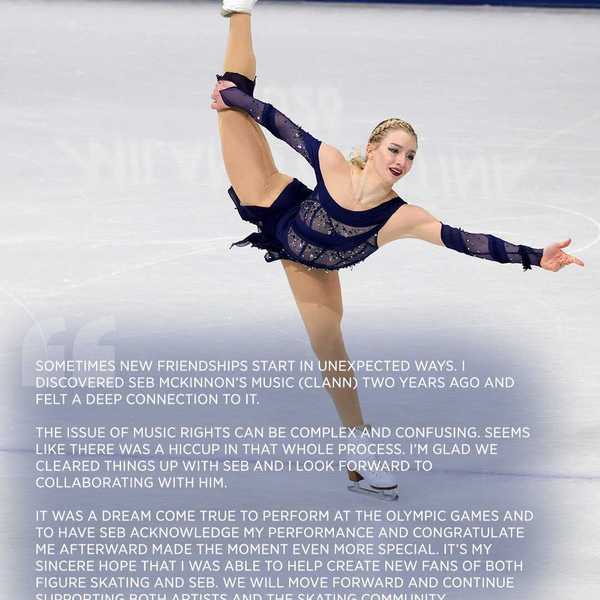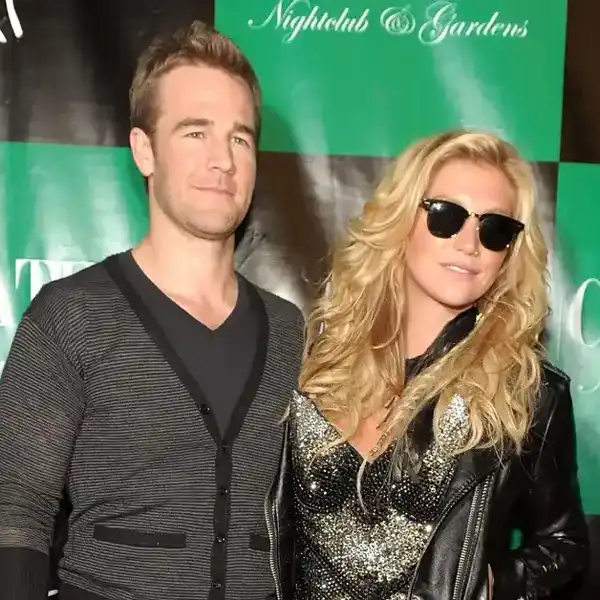Canadian Artists Respond To Defunding of Ottawa Campus Radio Station CHUO
Alanna Stuart of Bonjay and PYNE, comedian Tom Green and more express concern about the station's future and stress the importance of campus radio to the Canadian music industry.

Canadian musicians, comedians and journalists are responding to the news that students at University of Ottawa have voted to end funding for CHUO 89.1 FM, the university’s campus radio station.
The roughly $5 per-student fee makes up around 80 percent of the station’s budget, CBC reports. The referendum question on CHUO funding was part of a by-election that ended October 13. Grant Stein, CHUO acting station manager, says the station only had one day of notice to organize a campaign for the vote, which had a voter turnout of 7.7 percent.
It’s too soon to say what will happen to CHUO, but the decision to defund the station has ignited a conversation about the importance of campus radio to music and culture across Canada.
Campus and community stations often give emerging and underground artists airtime they wouldn't get on commercial radio, as well as programming shows that speak to underrepresented communities. For some major Canadian artists, they're a place to start making their name before going onto bigger stations and stages.
"A place of discovery"
CHUO has been broadcasting since 1991, with the goal of supporting local artists and arts communities. In the years since, many Canadian artists and journalists have passed through CHUO’s halls.
Alanna Stuart, documentarian, researcher, and founder of Polaris Prize-nominated duo Bonjay, tells Billboard Canada that the radio station helped her find her path as a musician in Canada.
“I arrived at CHUO at a time when I was searching. I had been in the music industry for a few years as a teenager and walked away disillusioned,” Stuart says.
A university classmate invited Stuart to check out CHUO in 2002. “I walked in and it gave me the feeling of public libraries where it really felt everybody was welcome,” she says.
Though her classmate never went back, Stuart stayed at the station for roughly four years, and co-hosted a show called Hop the Fence. CHUO provided a space where she could encounter all kinds of music.
“I could be in a place that spoke to my Jamaicanness, but then I could hear the Haitian music show that reminded me of going to my auntie’s place,” she says. “It’s a place of discovery, and I was a young Black woman searching for something that didn’t fit within the confines of how people conceived of Blackness in Canada at the time.”
She remembers meeting Murray Lightburn of Montreal rock band The Dears at the station.
“For me at that time, seeing someone who was Black whose music may not have been identified as Black sonically, and him saying ‘no you’re cool man, you’re cool’ — so validating.”
Canadians share how CHUO influenced them
Stuart isn’t the only one sharing her CHUO story. Many have taken to X to express concern about the vote’s results.
“This is a huge blow to the community,” said former CBC anchor Adrian Harewood on X. “Like so many I owe my career to my time at community radio,” Harewood added. He volunteered at CHUO in the ‘90s, contributing to current affairs program Black on Black, which still airs today.
Comedian Tom Green reminisced on his time as a late night host at the station. “This is where I invented so many of the comedic pranks and stunts on radio that later became The Tom Green Show on MTV and beyond,” Green wrote.
Folk musicians The Good Lovelies added to the chorus, writing “This is a devastating blow to indie musicians across Canada.”
Ming Wu, host of No Filter on CHUO and music photographer and blogger, says that the results of the vote were shocking. “Hopefully the station will hopefully survive with dedicated supporters and listeners,” Wu tells Billboard Canada. Were the station to close, he says, local musicians would feel the impact. “There is no outlet to get their stuff played on the air."
Stuart credits CHUO with catalyzing her current artistic practices. She describes hearing rock band Local Rabbits at the station and deciding to go to their show the same night. “I saw these two men convulsing and sweating on each other as they played these guitar solos with such vigour,” she says. “I walked up to them without any plans to, or even knowing what I was gonna say, and heard myself say: ‘I’m an R&B singer but I don’t just want to be an R&B singer and I want to work with you.’” They became Stuart’s first collaborators in the indie rock scene.
When she interviewed Diplo for her radio show, he invited Bonjay to remix Brazilian group Bonde do Rolê for his label. They later toured together.
“[CHUO] brings such a truly diverse group of people together, and then it creates a more open-access entry point into meeting the people that can potentially help form your community,” Stuart says. “I found my people there.”

















